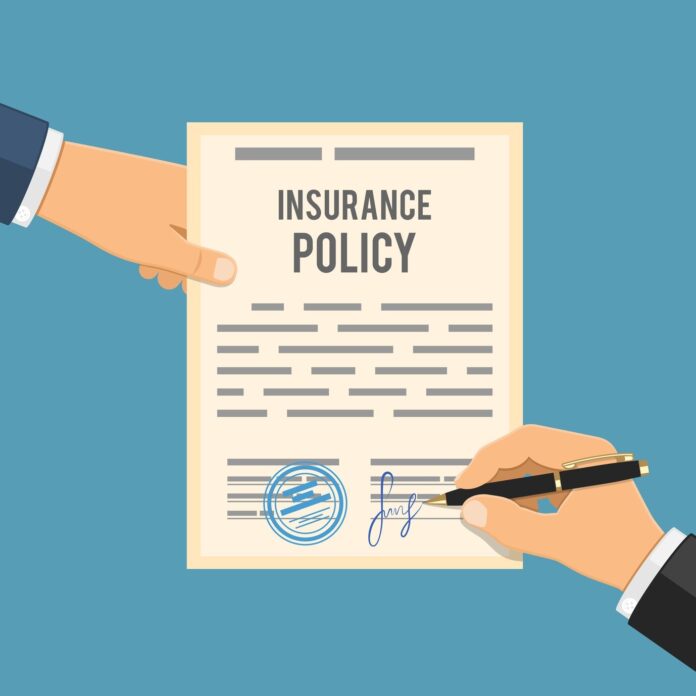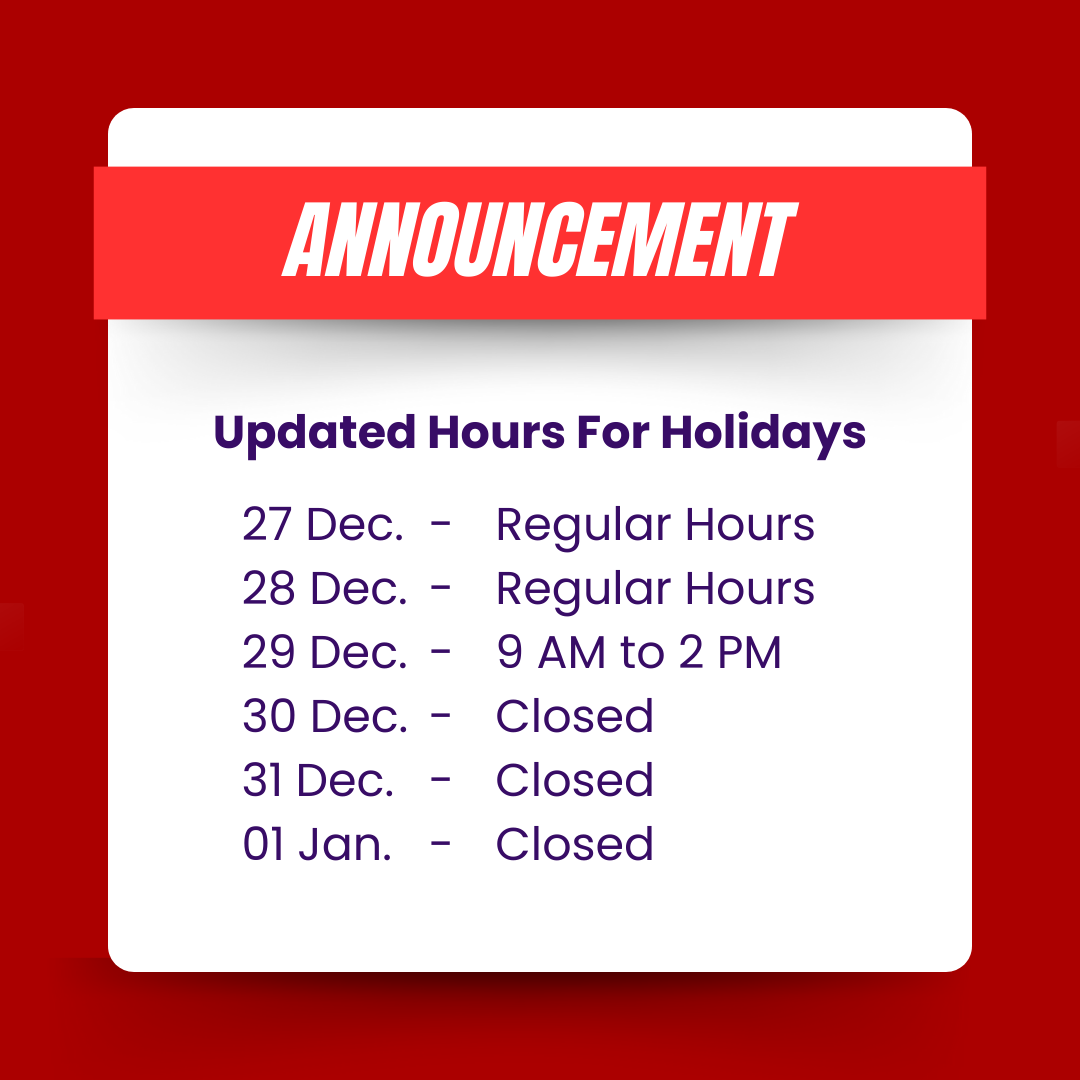This article will provide you with all the detailed information on your auto insurance deductible. The deductible is a significant factor in the world of car insurance. However, the idea might be readily misconstrued. A deductible, despite its name, actually has little to do with deducting, at least not in a way that is advantageous to you. Your deductible is the amount you’ll be responsible for paying to cover the cost of repairs when your insurance company determines that you were at fault or partially responsible for a collision. It establishes the maximum amount that your insurance company may deduct from the amount that it owes you. Your deductible not only determines how much you’ll have to pay up front, but depending on the amount you choose when you buy a policy, it may also lower your monthly auto insurance rate.
- Here is all the information you require regarding your auto insurance deductible.
- What you have to pay before your claim is covered depends on your deductible.
- When you submit a claim and are determined to be at blame or partially at fault, you will be required to pay a deductible out of pocket. The claim’s expenses are partially covered by the deductible.
Let’s imagine, for illustration, that your deductible is $1,000. You and your auto insurance provider will each be liable for $1,000 if an accident in which you were at fault (or partially at fault) results in a $2,000 repair bill for your car.
Chances are strong that you won’t have to pay a deductible and that your insurance provider will pay all expenses associated with your claim if you were proven to be absolutely blameless in a collision. However, you nearly always have to pay the deductible when it comes to claims that are covered by comprehensi ve coverage (when your car is harmed due to something other than a collision, including vandalism, theft, or fire). A deductible is applied only if you have comprehensive and collision coverage. Only when you have collision, comprehensive, or both types of insurance on your car does your deductible apply.

A deductible won’t be necessary if you choose to carry simply liability insurance, which guards you in the event that you damage someone else’s property or injures them with your automobile and they sue you. If you have collision and comprehensive insurance, you must choose a deductible for each, which may be different amounts. Additionally, you should consider whether maintaining a deductible on an older vehicle is worthwhile. For instance, having a high deductible for your car might not be a good idea if it isn’t worth much anymore because you might end up paying more than the car is worth. Your auto insurance rate will often be lower with a bigger deductible. Your auto insurance rate could be significantly reduced by selecting a higher deductible when you purchase a policy or increasing it when your policy is up for renewal. That is as a result of your consenting to bear a greater portion of prospective claim costs. However, that necessitates that you carefully assess your financial capacity in the event that you have to cover either your comprehensive or collision deductible. Can you only afford to pay $500 out of pocket? Or is $1000 attainable? How about $2,000? Play around with the deductible amount and see what it does to your quoted premium when you’re comparing vehicle insurance prices. But keep in mind that you will be responsible for bearing that cost if your deductible is applied after a collision. Therefore, be sure that you can handle it. For more information and best advice on how deductible works and to get a free car insurance quote, get i n touch with one of our licensed insurance brokers at 905-362-8080. Bundle Insurance Auto Insurance Home InsuranceIBC Home Insurance Author – Vansh Arora







